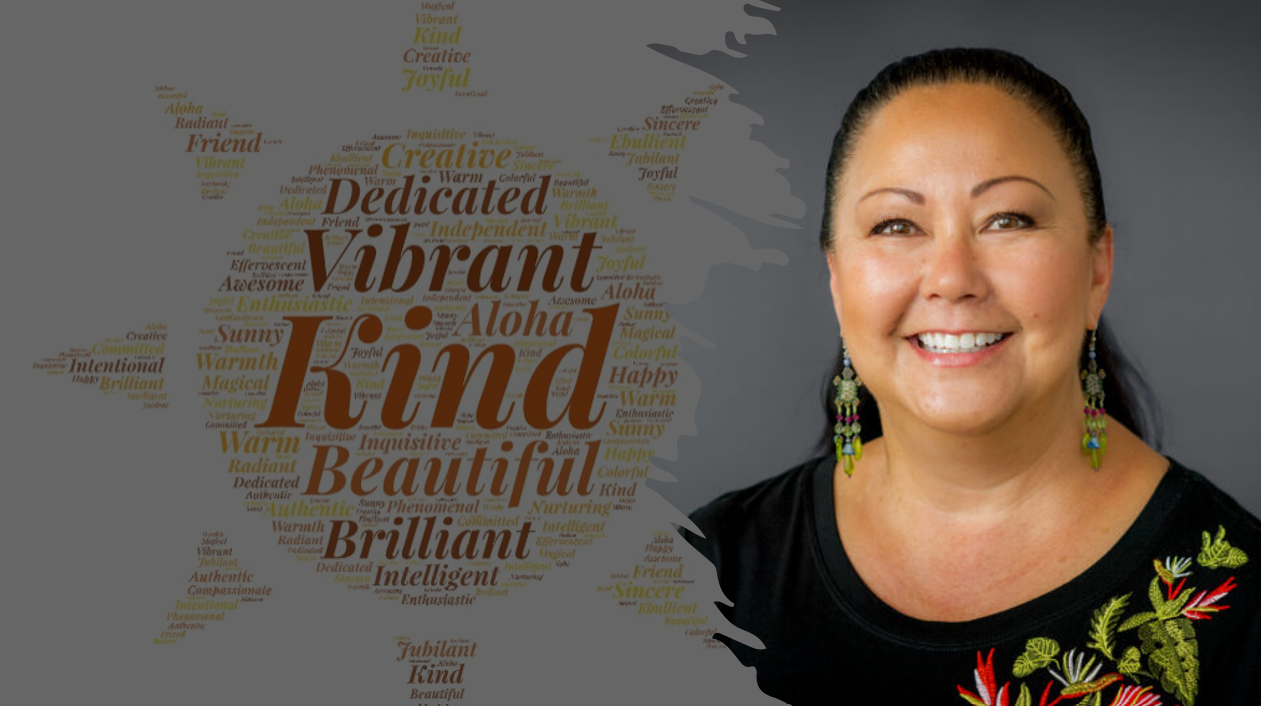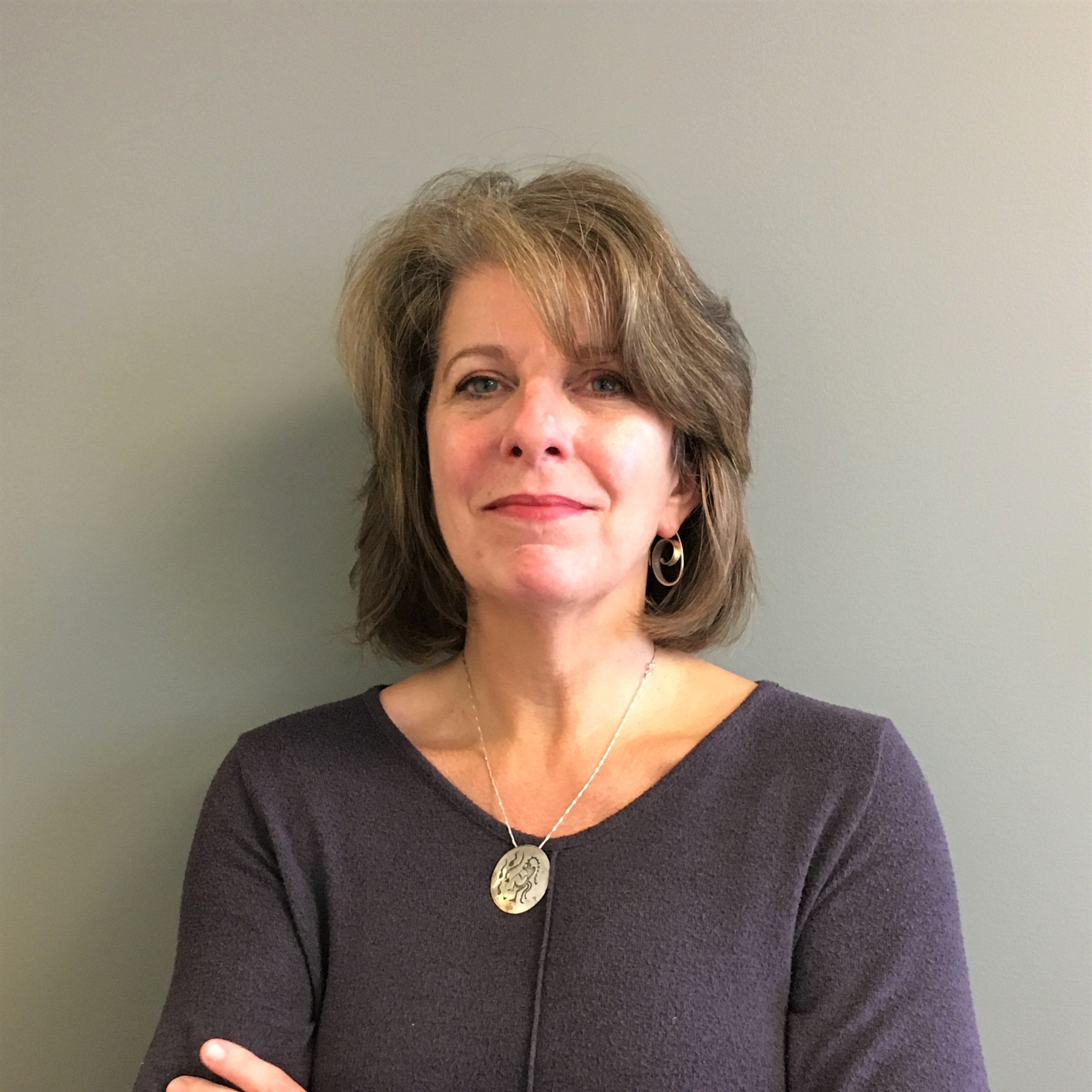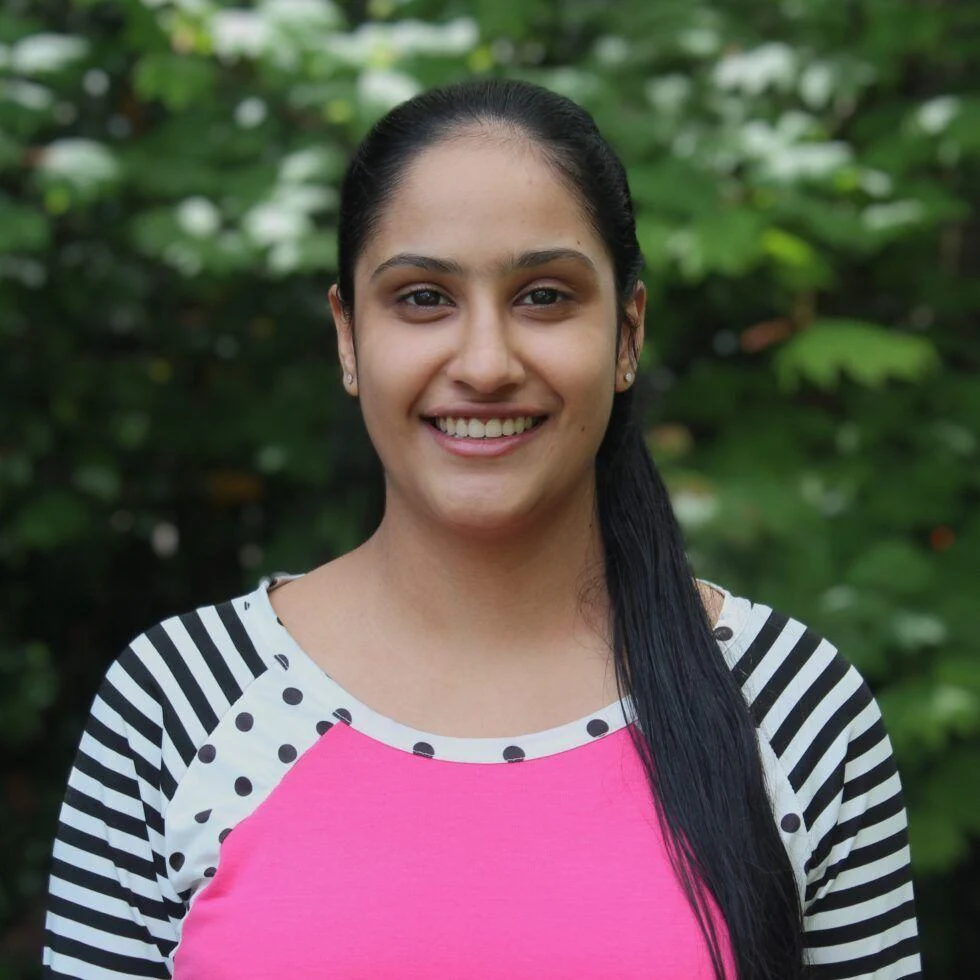
The Washington State Academy of Sciences (WSAS) is pleased to announce 36 new members, recognizing their outstanding record of scientific and technical achievement, and their willingness to work on behalf of the Academy to bring the best available science to bear on issues within the state of Washington.
The 2021 class of new members is composed of 27 scientists and engineers elected by their WSAS peers and 9 members recently elected to the National Academies of Science, Engineering, or Medicine, who live or work in Washington State. These new members bring diverse expertise and experience to WSAS.
New members will be inducted at the 14th Annual Members’ Meeting on September 16, 2021.
Individuals directly elected by the WSAS membership:
Joel Baker, Professor and Science Director of the Urban Waters Center, University of Washington – Tacoma
For foundational work on the environmental fate, behavior, and toxicity of PCBs.
Sapna Cheryan, Professor of Psychology, University of Washington
For contributions in research on racial and gender inequality that has influenced practices in education, government, and business. For shifting the explanation for inequality away from individual deficiencies and examining how societal stereotypes and structures cause inequalities.
Brandi Cossairt, Professor of Chemistry, University of Washington
For leadership in the innovative synthesis and chemical modification of nanoscale materials for application in light emission and catalysis.
Glen Duncan, Professor and Chair, Department of Nutrition and Exercise Physiology, Washington State University
For meritorious work in the fields of exercise and nutrition science, with a focus on epidemiology and the built environment.
Kristie Ebi, Professor, University of Washington School of Public Health
For work on the health impacts of climate change, on climate impact forecasting, on adaptation to climate change, and on climate policy to protect health.
Brian French, Berry Family Distinguished Professor in Educational Psychology, Washington State University
For pioneering work in the development and application of psychometric methods for validation of test scores and the use of simulation to strengthen statistical models for test development.
Rita Fuchs Lokensgard, Professor and Director, Alcohol Drug Abuse Research Program (ADARP), Washington State University
For elucidating the neuroanatomical, pharmacological, and cellular mechanisms of drug-seeking behavior and drug memory reconsolidation in non-human animals. For identifying areas of the amygdala associated with drug-related memories, developing methods for determining how memory reconsolidation is related to drug relapse, and for leading state-wide efforts to promote addiction research.
Lisa Graumlich, Dean, College of the Environment, University of Washington
For foundational studies of regional paleoenvironmental history and sustained excellence in academic leadership to catalyze and sustain transformative research and educational initiatives.
Jonathan Himmelfarb, Director, Kidney Research Center, Co-Director, Center for Dialysis Innovation, University of Washington
For pioneering contributions and outstanding achievements in the development of the novel wearable artificial kidney, as well as numerous investigator-initiated clinical trials and multi-center collaborative studies.
Scot Hulbert, Associate Dean and Director, Agricultural Research Center, Washington State University
For discoveries revealing the molecular mechanisms by which pathogens defeat plant defense responses to infection, facilitating the development of durable resistance to historically devasting foliar diseases of wheat and rice; and for identification and genetic mapping of one of the first known traits for resistance in wheat to root disease.
Daniel Jaffe, Professor of Environmental Chemistry and Chair, Physical Science Division, University of Washington – Bothell
For leadership in monitoring and understanding the global transport of atmospheric pollutants from energy production, wildfire, and other sources, as well as science communication and service that has informed citizens and enhanced public policy.
Cheryl Kaiser, Professor and Chair, Department of Psychology, University of Washington
For contributions demonstrating how psychological science can inform long-standing issues about racial and gender discrimination. For research that has deep and penetrating implications for the law and societal efforts to remedy social inequities with evidence-based programs and actions.
Munira Khalil, Leon C. Johnson Professor and Chair of Chemistry, University of Washington
For developing new spectroscopy tools for measuring energy flow in molecules and materials with high spatial and temporal resolution.
Ondrej Krivanek, President, Nion Corp
For profoundly advancing atomic scale imaging and analysis capabilities. For pioneering and highly creative developments, which led to the widespread use of Electron Energy Loss Spectroscopy for analysis and imaging at the finest spatial scale. For the development of aberration correctors that opened the field of practical imaging and analysis of individual atoms.
Richard Kouzes, Laboratory Fellow, Materials Sciences, Pacific Northwest National Laboratory
For distinguished and sustained contributions to the fields of fundamental and applied physics for homeland security, nuclear structure, and neutrino physics.
Victoria Suzanne Meadows, Professor of Astronomy, University of Washington
For founding the Virtual Planetary Laboratory and leading the decades-long development of the interdisciplinary modeling framework and community needed to establish the science of exoplanet astrobiology. For training the next generation of interdisciplinary scientists who will search for life beyond Earth.
Kathryn Meier, Professor and Associate Dean for Faculty and Student Development, Washington State University
For leadership in cancer research and for advancing STEM education as Associate Dean at WSU. For major international research impact as Editor-in-Chief of Molecular Pharmacology, and as a member of advisory boards of multiple scientific societies, including the American Society for Pharmacology and Experimental Therapeutics, the American Physiological Society, and the American Association for Cancer Research.
Kristi Morgansen, Professor and Chair of Aeronautics and Astronautics, University of Washington
For leadership and significant advances in nonlinear methods for integrated sensing and control in engineered, bioinspired, and biological flight systems, and for leadership in cross-disciplinary aerospace workforce development.
Alshakim Nelson, Associate Professor of Chemistry, University of Washington
For exceptional contributions to the development of synthetic polymers and nanomaterials for self-assembly and advanced manufacturing with application in sustainability, medicine, and microelectronics.
Ljiljana Pasa-Tolic, Laboratory Fellow, Functional and Systems Biology, Pacific Northwest National Laboratory
For pioneering contributions to high throughput proteomics and top-down proteomics for biological and environmental applications, including the development of transformative instrumentation and methods.
John Peters, Professor and Director, Institute of Biological Chemistry, Washington State University
For generating widely acclaimed fundamental research that has immediate impacts on biotechnological developments ranging from production of biofuels to greener agricultural practices. For a history of deep strategic thinking and a track record for engaging policy makers and the public to advance education and sustainable economic development in Washington State.
Noel Schulz, Edmund O. Schweitzer III Chair in Power Apparatus and Systems, Interim Director, PNNL/WSU Advanced Grid Institute (AGI), Washington State University
For contributions to advancing modeling and simulation methods and tools for electric power distribution systems including shipboard power systems, renewable energy, storage, microgrids, and artificial intelligence applications, and leadership for advancing recruitment, retention, and advocacy for women in STEM worldwide.
Jon Schwantes, Senior Research Scientist and Lead, Nuclear & Radiochemistry Team, Pacific Northwest National Laboratory
For significant advances in nuclear and radioanalytical chemistry applied to basic science, the environment, nuclear energy, and national security (related to nuclear nonproliferation and nuclear forensics) that inspire the next generation of engineers and scientists, inform the research community, and benefit society.
Tueng Shen, Associate Dean, Medical Technology Innovation/Graham and Brenda Siddall Endowed Chair, University of Washington
For developing and providing first class clinical treatment of severe corneal blindness to hundreds of people, for establishing the world premier artificial cornea program in Washington, and for leading collaborative research to translate innovative engineering technologies into creative clinical solution.
Wesley C. Van Voorhis, Professor of Medicine, University of Washington
For global recognition as an authority on drug and vaccine development for viral and parasitic diseases through work as an infectious disease physician and immunologist.
Monica S. Vavilala, Director, Harborview Injury Prevention and Research Center and Professor of Anesthesiology, Pain Medicine, and Pediatrics, University of Washington
For outstanding leadership in pediatric anesthesiology and in the care of children with traumatic brain injury. For internationally recognized expertise in traumatic brain injury and direction of the Harborview Injury Prevention and Research Center for the last decade as an exceptional mentor and visionary leader.
Katrina Waters, Director, Biological Sciences Division, Pacific Northwest National Laboratory
For leadership and innovation in data integration and its application to biomarker discovery, infectious disease, and toxicology and research interests focused at the intersection of environmental exposures and infectious diseases on human health.
Washington residents selected by virtue of their election to the National Academies of Sciences (NAS), Engineering (NAE), or Medicine (NAM):
Russell J. Allgor, Chief Scientist, Global Delivery Services, Amazon; NAE, 2021
For application of operations engineering to design and improve logistics and fulfillment systems for ecommerce.
Lili Cheng, Corporate Vice President and Distinguished Engineer, Microsoft AI and Research; NAE, 2021
For scientific and industrial leadership in user interface design, social computing, and computing education.
Patrick Heagerty, Professor of Biostatistics, University of Washington; NAM, 2021
For the development of novel statistical models for longitudinal data to better diagnose disease, track its trajectory, and predict its outcomes. For revolutionizing how dynamic predictors are judged by their discrimination and calibration and has significantly advanced methods for randomized controlled trials.
Anna Karlin, Bill and Melinda Gates Chair in Computer Science & Engineering, University of Washington; NAS, 2021
For foundational contributions to the mathematics of computer systems and of the Internet, as well as to the design and probabilistic analysis of algorithms, especially on-line algorithms, and algorithmic mechanism design and game theory.
Randall LeVeque, Professor Emeritus of Applied Mathematics, University of Washington; NAS, 2021
For inventing key algorithms for hyperbolic conservation laws and transforming them into powerful numerical technologies. For creating the Clawpack package, which underpins a wide range of application codes in everyday use, such as for hazard assessment due to tsunamis and other geophysical phenomena.
Julio A. Navarro, Senior Technical Fellow, Boeing Research and Technology, The Boeing Company; NAE, 2021
For development and implementation of phased array sensors and communication systems for aerospace applications.
Julie Theriot, Professor of Biology, University of Washington; NAS, 2021
For advancing our physical understanding of cell motility and growth in animals and bacteria. For discovering how the pathogen Listeria uses actin polymerization to move inside human cells, how crawling animal cells coordinate actomyosin dynamics and the mechanical basis of size control and daughter cell separation in bacteria.
Vickie A. VanZandt, President, VanZandt Electric Transmission Consulting, Inc.; NAE, 2021
For contributions to advanced transmission, protection, and wide area monitoring systems.
Rachel Wong, Professor of Biological Structure, University of Washington; NAS, 2021
For elucidating cellular transformations through which neurons pattern their dendrites, and the interplay of activity-dependent and -independent mechanisms leading to assembly of stereotyped circuits. For revelations regarding the fundamental principles of neuronal development through the application of an elegant combination of in vivo imaging, physiology, ultrastructure, and genetics to the vertebrate retina.
Related Posts
June 25, 2024
On March 27, 2024, WSAS hosted a lecture in honor of the late Dr. Ka'imi Sinclair as part of its broader effort to work in collaboration with, and support the science and technology needs of, Native American tribes in Washington State.
June 10, 2024
After seven years of leading the Washington State Academy of Sciences through unprecedented growth, Gerardi Riordan is stepping down as Executive Director in November.
May 12, 2024
2024 AJAS Delegate Kosha Upadhyay is one of 5 students from Washington State selected as a presidential scholar, one of the nation’s highest honors for high school students.


